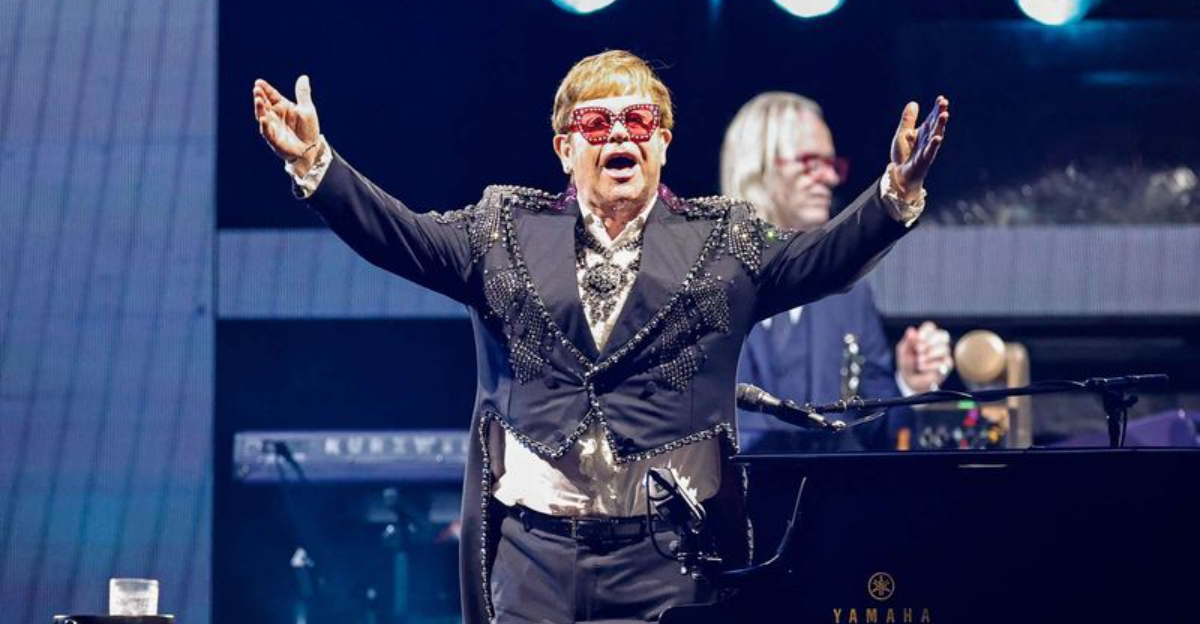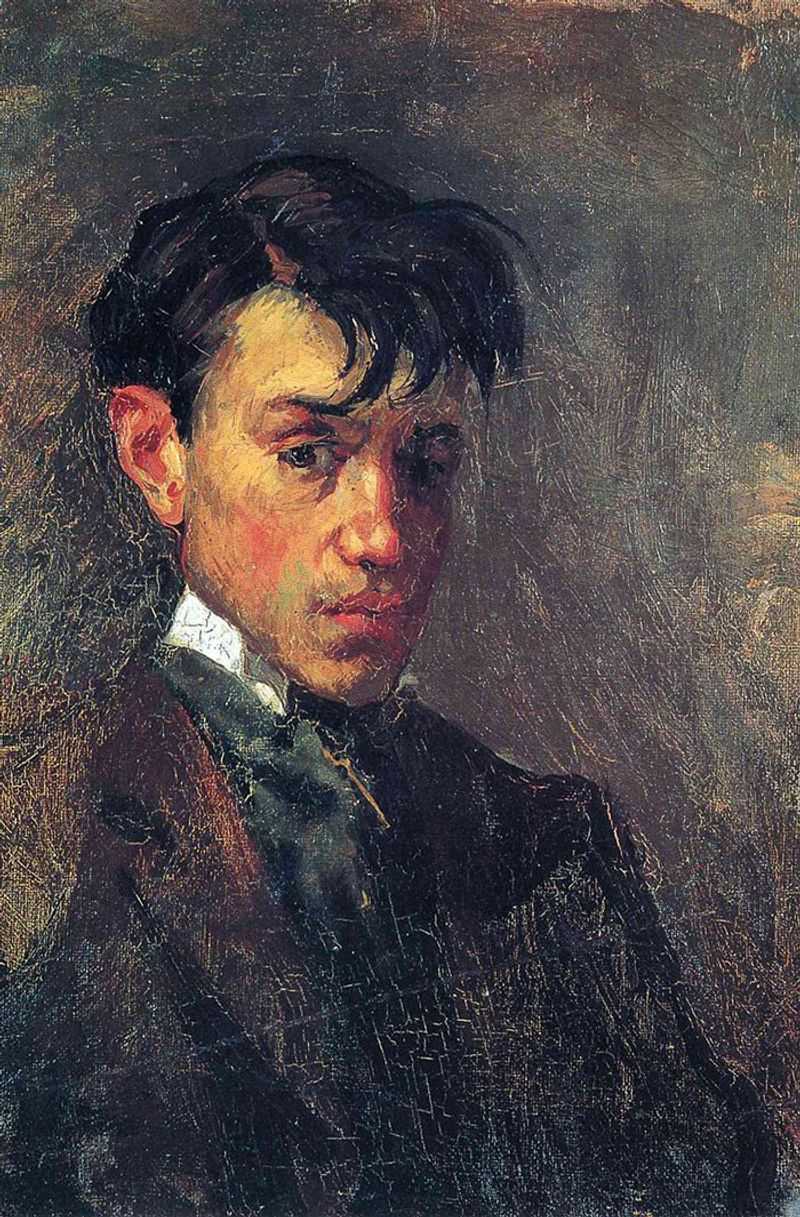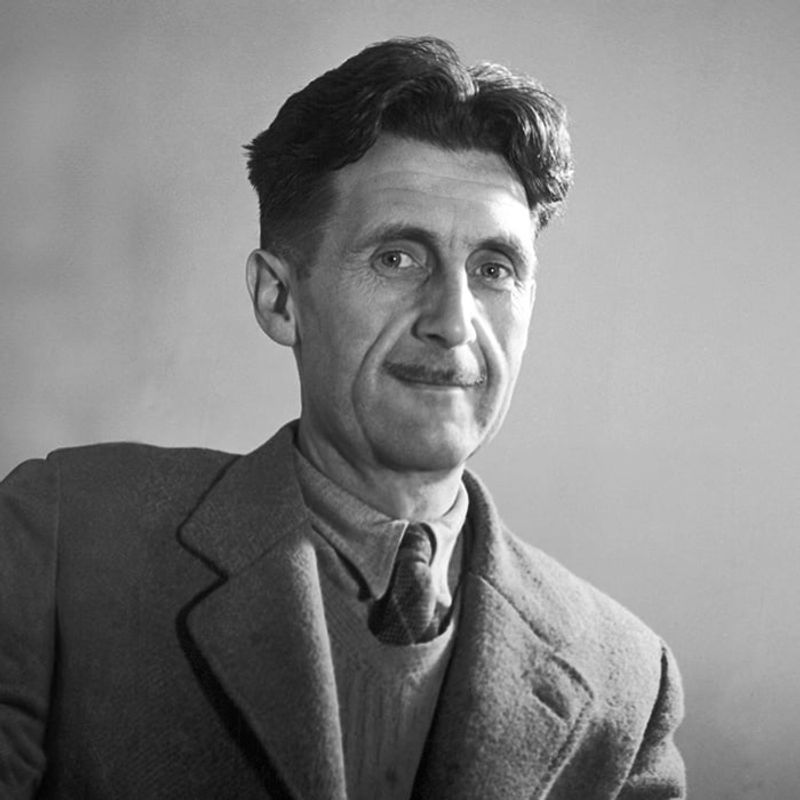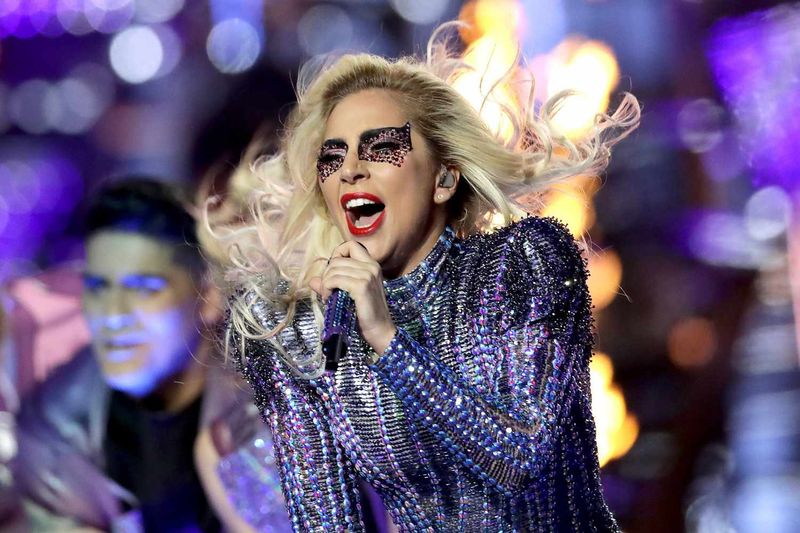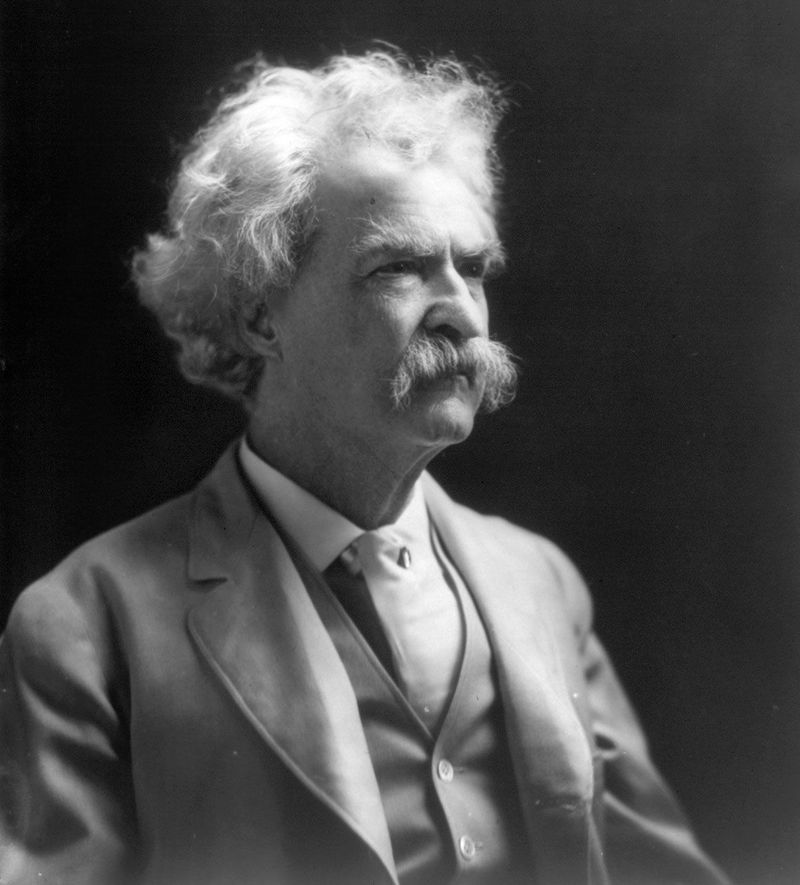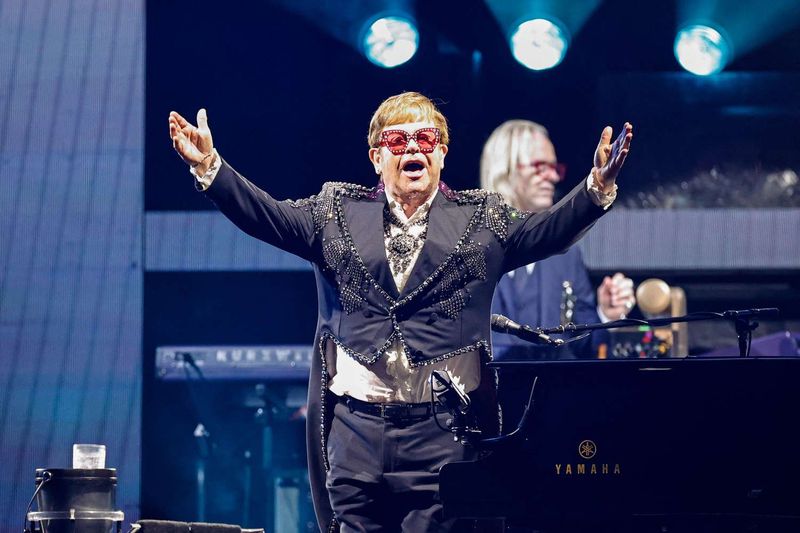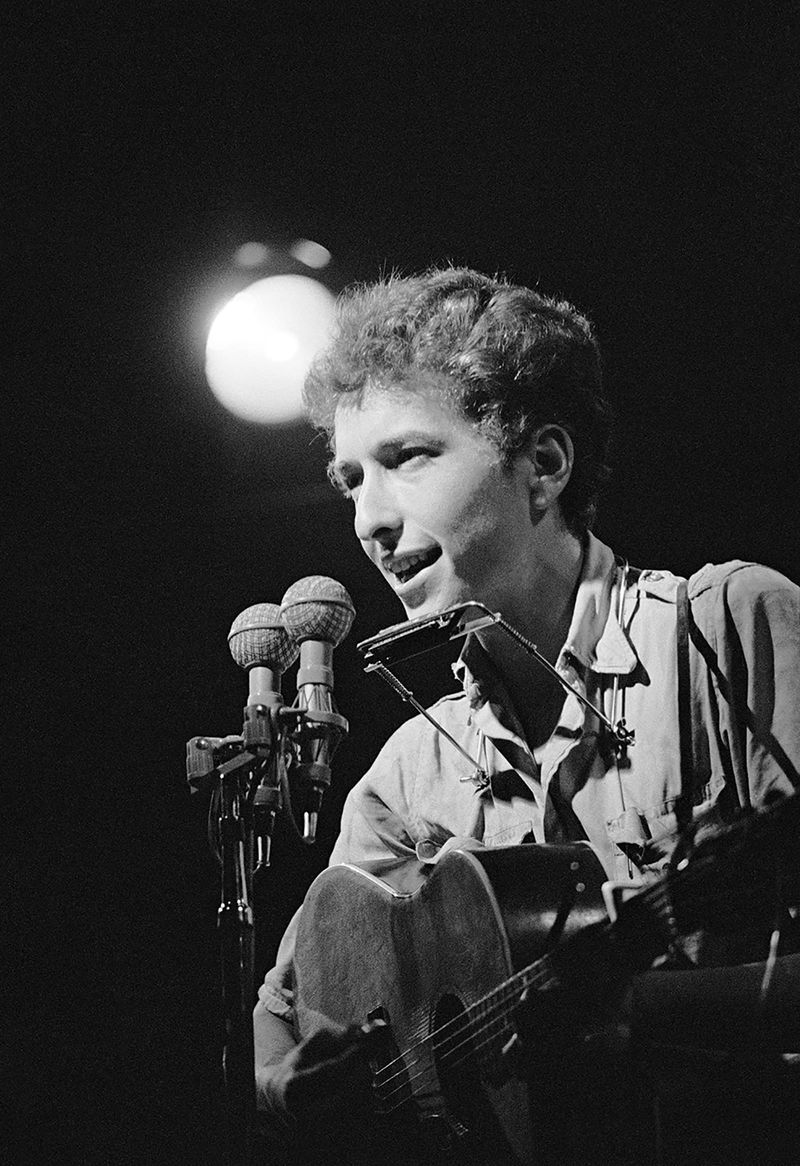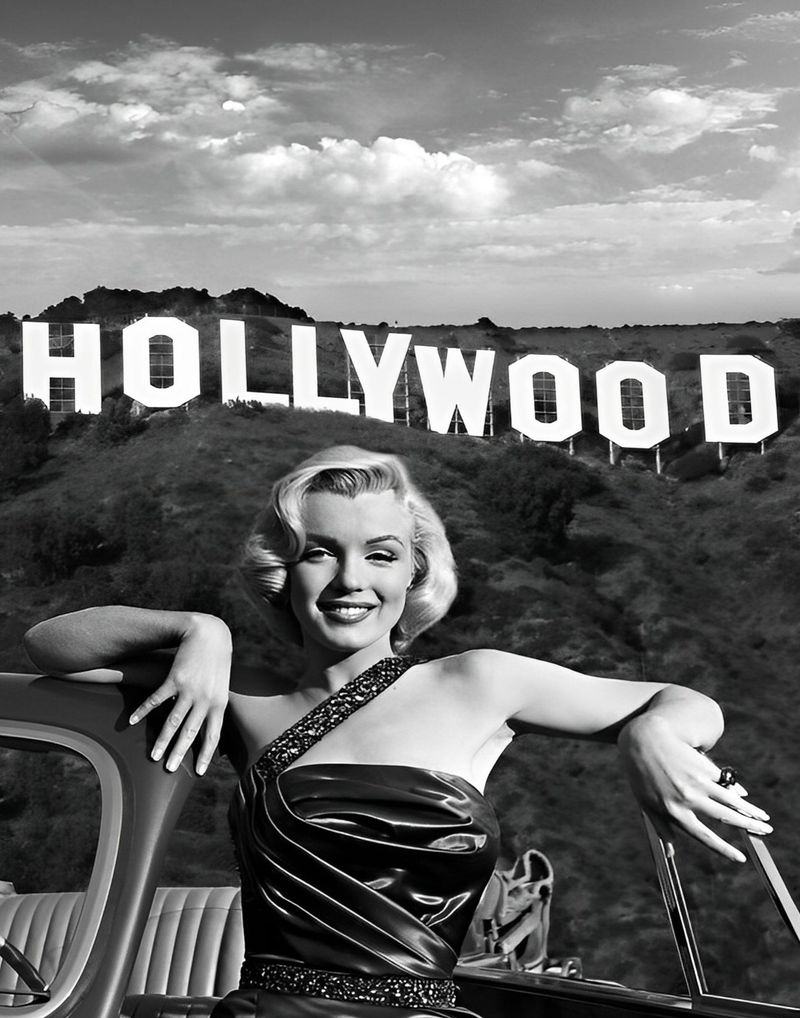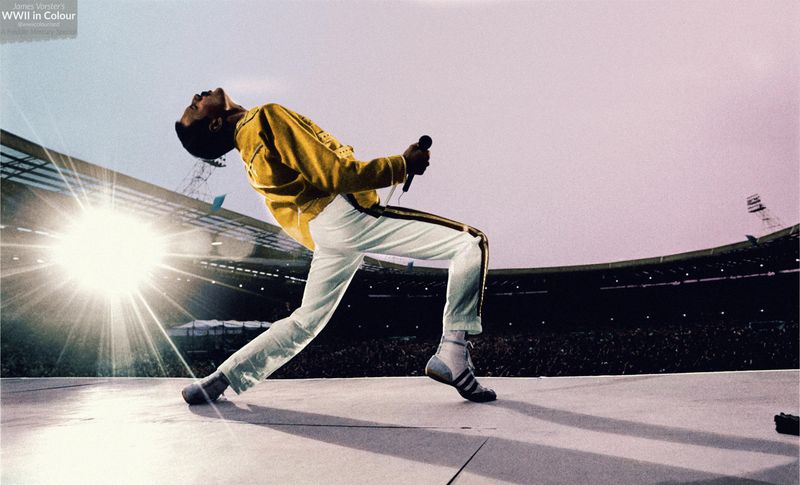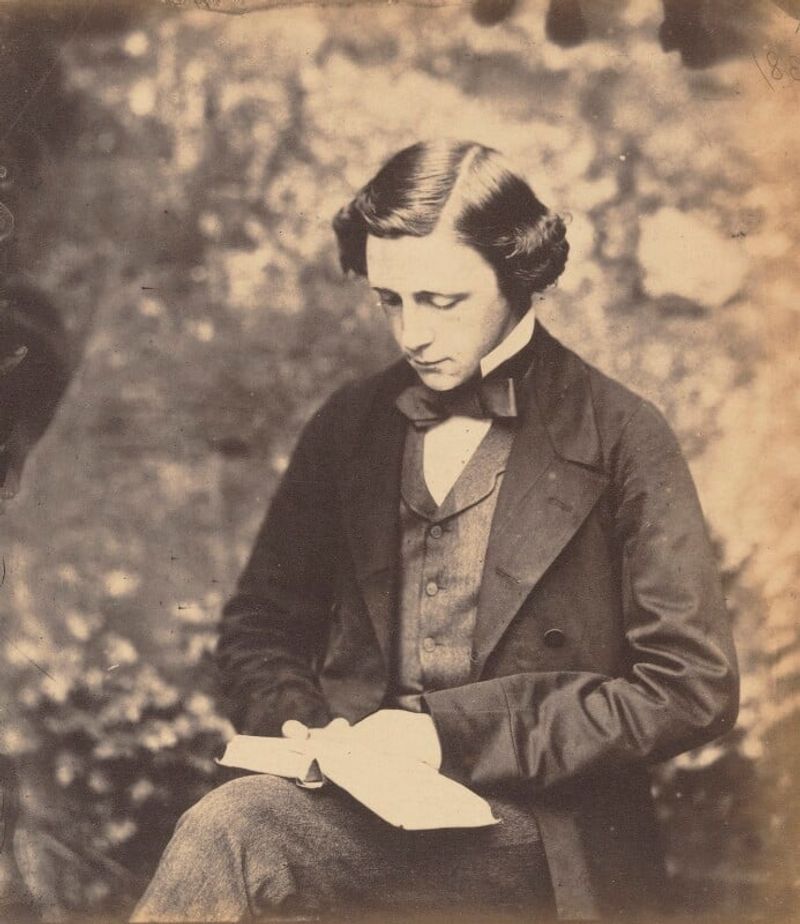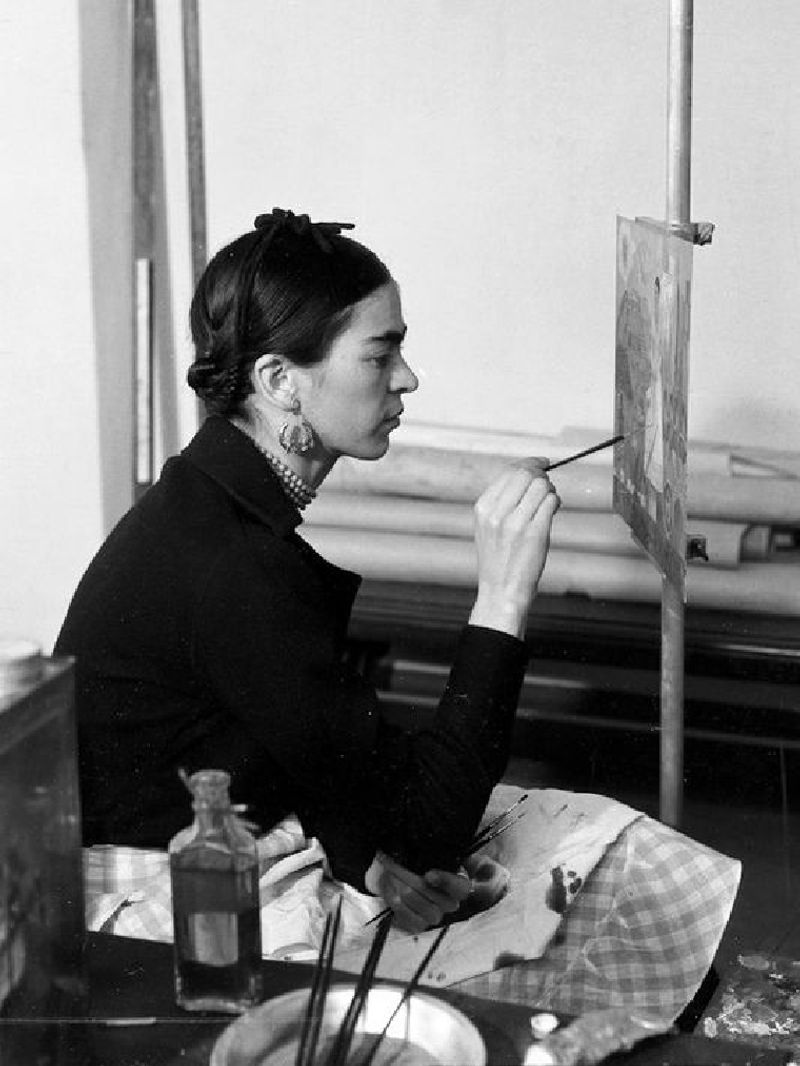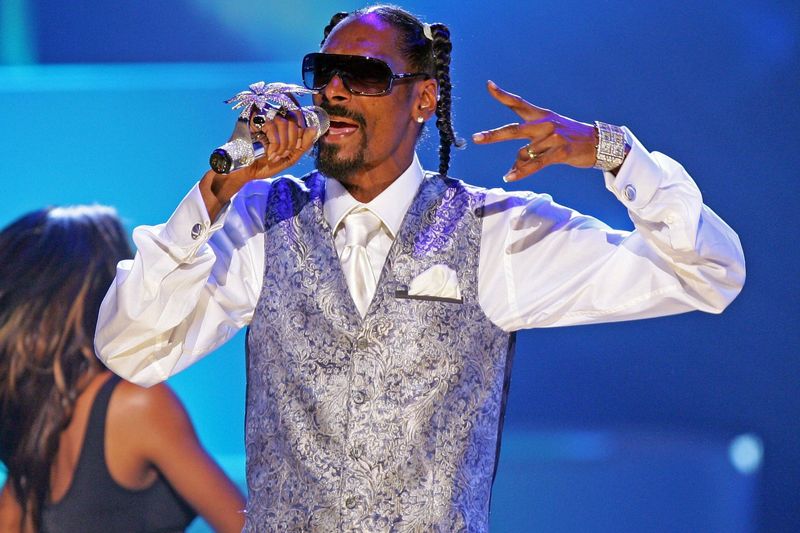Throughout history, many famous artists have chosen to adopt pseudonyms or fake names for various reasons, ranging from anonymity to rebranding. This blog post explores 15 renowned artists who used aliases, uncovering the motivations behind their name changes and how these new identities shaped their careers.
1. Banksy
Banksy remains one of the most enigmatic figures in modern art. Known for his provocative street art, his identity is shrouded in mystery. Speculation suggests he might be Robin Gunningham, though nothing is confirmed.
His work critiques political and societal norms, often appearing overnight in public spaces. Anonymity allows him to maintain an outsider status and evade legal issues.
Banksy’s pieces, characterized by dark humor and anti-establishment themes, have captured global attention. His elusiveness only adds to the intrigue, making him a symbol of rebellious creativity.
2. Pablo Picasso
Born with a lengthy name, Pablo Picasso opted for a simplified version that became iconic. Pablo Diego José Francisco de Paula Juan Nepomuceno María de los Remedios Cipriano de la Santísima Trinidad Ruiz y Picasso is quite a mouthful.
He chose “Picasso” for its catchiness and artistic appeal, helping to establish his brand in the art world.
His Cubist works revolutionized modern art, and the name “Picasso” became synonymous with innovation. The shortened name allowed for easier recognition, which contributed significantly to his lasting legacy.
3. George Orwell
Eric Arthur Blair, known globally as George Orwell, chose his pen name to distance himself from his “snobbish” surname. Inspired by the River Orwell, the new name resonated with his English roots.
Orwell’s decision reflected his desire to connect with a broader audience. His works, like ‘1984’ and ‘Animal Farm’, critique totalitarian regimes and highlight social injustice.
The pseudonym allowed him to craft a distinct literary voice, one that continues to influence writers and thinkers today. Orwell’s legacy is defined by his commitment to truth and clarity.
4. Lady Gaga
Stefani Joanne Angelina Germanotta transformed into Lady Gaga, a persona inspired by Queen’s hit “Radio Ga Ga.” Her stage name embodies her theatrical and avant-garde style.
Gaga’s larger-than-life presence challenges traditional pop norms, embracing uniqueness and creativity. The name change marked a rebirth, enabling her to explore new artistic avenues.
Her music and performances are celebrated for their boldness, making her a pop icon. The name Lady Gaga symbolizes not just music, but a movement towards self-expression and empowerment.
5. Mark Twain
Samuel Langhorne Clemens is better known by his pen name, Mark Twain, a term borrowed from steamboat slang. “Mark twain” signifies a safe depth of water, reflecting his early career as a river pilot.
Twain’s writings, including classics like “Adventures of Huckleberry Finn,” are infused with wit and social critique.
The name change allowed Clemens to explore his literary voice while maintaining a connection to his past. Twain’s humor and keen observations remain influential, making him a beloved figure in American literature.
6. Elton John
Reginald Kenneth Dwight reinvented himself as Elton John, a name inspired by bandmates Elton Dean and John Baldry. This transformation marked a fresh start in his musical journey.
Elton’s vibrant stage presence and musical genius became his trademarks. The name “Elton John” quickly became synonymous with legendary hits and timeless performances.
His career spans decades, filled with awards and accolades. The new name helped him escape his past and embrace his true identity, becoming one of the most celebrated musicians in history.
7. Stan Lee
Stanley Martin Lieber, known as Stan Lee, chose his pen name to save his real name for “serious” writing. Ironically, his work in comics made him a cultural icon.
As a creator of legendary characters like Spider-Man and the X-Men, Lee’s influence on pop culture is unparalleled. His storytelling brought superheroes to life, captivating audiences worldwide.
Lee’s legacy is not just in the characters he created, but in the vibrant world of comics he helped shape. The name Stan Lee is now synonymous with creativity and imagination.
8. J.K. Rowling (Robert Galbraith)
J.K. Rowling, renowned for the ‘Harry Potter’ series, adopted the pseudonym Robert Galbraith to publish crime novels without preconceived expectations. This allowed her to explore new genres.
The pen name provided creative freedom, enabling Rowling to build a new identity. Her crime novels received critical acclaim, proving her versatility as a writer.
Rowling’s decision highlights the challenges of living up to iconic success. The pseudonym allowed her to step out of the Hogwarts shadow and showcase her narrative skills in a different light.
9. Bob Dylan
Robert Zimmerman transformed into Bob Dylan, inspired by the poet Dylan Thomas. The new name resonated with his musical aspirations.
Dylan’s distinctive voice and poetic lyrics defined a generation, with songs like “Blowin’ in the Wind” becoming anthems for change. The name change marked a new artistic era.
Dylan’s music spans various genres, from folk to rock, reflecting his evolving creativity. His choice of name helped craft a unique identity, making him one of the most influential musicians of all time.
10. Marilyn Monroe
Norma Jeane Mortenson became Marilyn Monroe, a transformation orchestrated by Hollywood studios. The name change created a glamorous persona.
“Marilyn” paid homage to an early star, while “Monroe” honored her mother’s maiden name. Monroe’s beauty and charisma captivated audiences, cementing her legacy.
Her film career and iconic status symbolize the allure and challenges of fame. The name Marilyn Monroe embodies the golden age of Hollywood, where she remains a timeless figure.
11. Freddie Mercury
Farrokh Bulsara reinvented himself as Freddie Mercury, a name that reflected his dynamic stage presence. The transformation marked a departure from his past, embracing a rock-god identity.
As the frontman of Queen, Mercury’s powerful voice and captivating performances dazzled audiences worldwide. His persona was as bold as his music, which resonated across generations.
The name Freddie Mercury is inseparable from the legacy of Queen, symbolizing talent and individuality. His influence on music and popular culture remains profound and enduring.
12. Lewis Carroll
Charles Lutwidge Dodgson, better known as Lewis Carroll, adopted his pen name to keep his academic and creative worlds separate. As a mathematician, Dodgson’s choice reflects a desire for privacy.
Carroll’s whimsical tales, including “Alice’s Adventures in Wonderland,” captivated readers with imagination and wit. The pseudonym allowed him to craft stories distinct from his scholarly pursuits.
His literary works are celebrated for their playful language and inventive narratives. Lewis Carroll remains a beloved figure in children’s literature, enchanting readers across generations.
13. Tina Turner
Anna Mae Bullock became Tina Turner, a name change orchestrated by her partner Ike Turner. Despite challenges, she retained the name as a symbol of resilience.
Turner’s powerful voice and stage presence defined her career, making her a rock icon. “Tina” became synonymous with strength and determination.
Her journey from adversity to success inspires many. The name Tina Turner represents a triumph over hardship, solidifying her as a music legend.
14. Frida Kahlo
Frida Kahlo occasionally signed her work as “Frieda,” reflecting her German heritage. The shift was brief, as she reverted to “Frida,” embracing her cultural identity.
Kahlo’s art, characterized by bold colors and personal themes, explores pain and passion. Her self-portraits are iconic, reflecting her unique perspective and style.
The name Frida Kahlo became synonymous with artistic brilliance and resilience. Kahlo’s legacy endures, inspiring artists and admirers worldwide.
15. Snoop Dogg (Multiple Aliases!)
Calvin Cordozar Broadus Jr. became Snoop Dogg, a nickname from childhood. His mother called him “Snoopy,” which evolved with his career.
Snoop’s laid-back style and distinct voice made him a hip-hop icon. He has adopted various aliases, like Snoop Lion and Snoopzilla, reflecting his musical evolution.
The name Snoop Dogg is synonymous with West Coast rap, symbolizing talent and adaptability. His influence on music and culture is undeniable, spanning decades.
